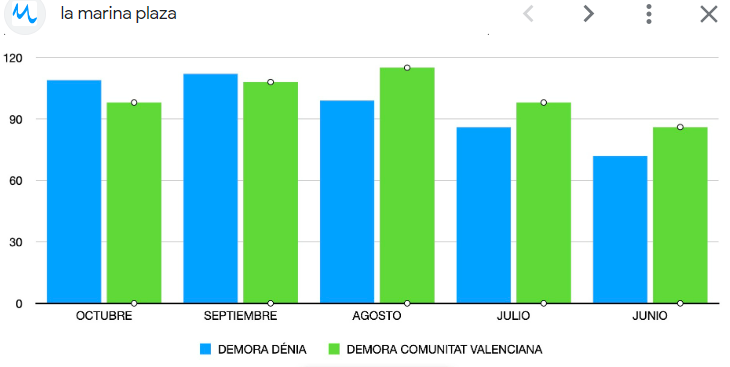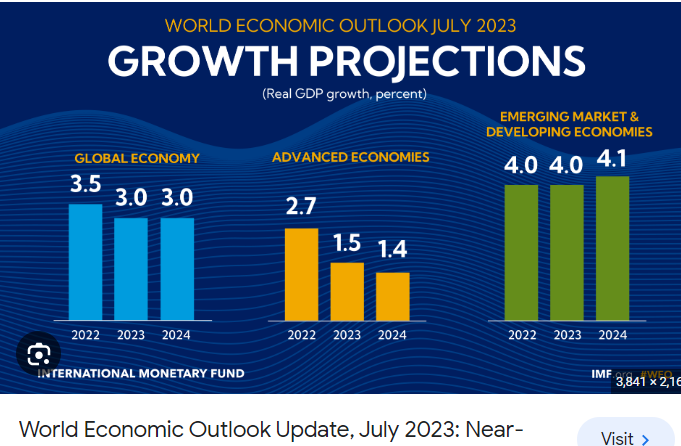On the last Friday of the month, the 27th of October, we had our monthly meeting and discussed interesting facts related to statistics, why they are essential, how to spot bad statistics, what we know about GDP (Gross Domestic Product) and how it is calculated.
We started talking about statistics with a focus on the health sector. Our generation often has conversations about health, therefore statistical data about the impact and efficiency of specific drugs or treatment methods are important to us all when making health-related decisions.
An example of such statistics is below in a chart with 24 November 2022 data about delays in Denia Hospital compared with average delays in the Valencia region.

Very often we are simply ignorant about a lot of things. It was noted many times by statisticians, researchers and data journalists about biases we have about the world, ignorance regarding the main economic indicators and even wrong perceptions about the areas where we live.
For example, do you know what the total Javea population is and what percentage of it are foreigners? Or how many people live in Denia (which is the capital of Marina Alta)? And what countries do they come from? Of course, you can find the numbers, but I will help and expect to surprise you a little bit.
According to the information from the National Institute of Statistics, Territorial Data Bank as of January 26, 2023, of the 28,731 inhabitants of Javea 16,098 are Spanish and 12, 633 are foreigners, which is 43,96% of the population. The majority of non-nationals came from the UK -39,3%, in second place are people from South America (15,36%), next is Columbia 6,8% and 6% are Germans.
Denia’s total population is 43,899, out of which 10,422 are foreigners (23,7%). The biggest share is from the UK – 1261 (2,87%), in second place are Germans – 1027 (2,34%)
Statistics are very important in assessing countries’ economies and growth. The main indicator until today is GDP ( Gross Domestic Product) even though it has a lot of negative features. When we watch TV or read favourite news outlets GDP is mentioned quite often. If the GDP of a specific country, say Spain or the UK, is growing it’s good news for everybody, including us. But during the last couple of years, we often hear about coming recessions or even crises. It means that half a year or later after such an event is registered and announced we will all know or will feel negative consequences in our lives.

(Real gross domestic product is an inflation-adjusted measure of the value of all goods and services produced in an economy).
In general, even if data looks boring or political pools are wrong again, a lot depends on our attitude and knowledge about Statistics which is the art and science of making sense of data, it is the magic of making data talk.

